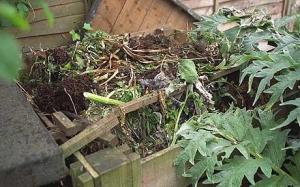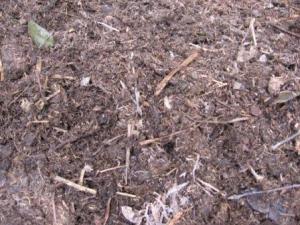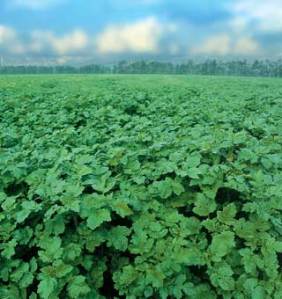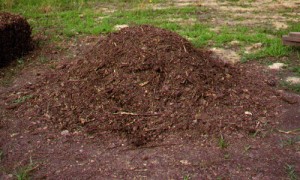Organic fertilizer is better than chemical fertilizer:

Product composition:Fertilizer having one or two essential plant nutrient in concentrated form.Manure has almost all the essential,macro & micro plant nutrients in mild form and millions of agricultuarly useful micro organism ie Azotobacter,Nitrobacter,Rhizobium,Phosphorus solublizers.
Get positive response in crops:Fertilizer gives response immidiate with in 24 hours in the crop.Manure starts to give response second day to one week, without any adverse effect.
Improve nutrients retention and their availability to plant:Fertilizer do not help to retain the nutrients.Manure retain the plant nutrients that would otherwise be lost by leaching and released as and when the plant requires.
Increase water - holding capacity in the root rhizosphere:Fertilizer do Not help to increase water holding capacity of the soil. Manure hold the water for longer period in the root zone and get availble to plant at the time of water stress condition.
Ability to improve seed germination and plant establishment:There is no bacterial presence in chemical fertilizer.Organic manure definite improvement in seed germination and quick plant growth establishment because the bacteria secrets plant growth harmones ie IAA,IBA, Gibrelic acids and vitamins.
Ability to break down toxic chemical substances in the soil and reduce residue in food, fruits & vegetables:Chemical fertilizer not effective.Organic Manure highly effective.

Product composition:Fertilizer having one or two essential plant nutrient in concentrated form.Manure has almost all the essential,macro & micro plant nutrients in mild form and millions of agricultuarly useful micro organism ie Azotobacter,Nitrobacter,Rhizobium,Phosphorus solublizers.
Get positive response in crops:Fertilizer gives response immidiate with in 24 hours in the crop.Manure starts to give response second day to one week, without any adverse effect.
Improve nutrients retention and their availability to plant:Fertilizer do not help to retain the nutrients.Manure retain the plant nutrients that would otherwise be lost by leaching and released as and when the plant requires.
Increase water - holding capacity in the root rhizosphere:Fertilizer do Not help to increase water holding capacity of the soil. Manure hold the water for longer period in the root zone and get availble to plant at the time of water stress condition.
Ability to improve seed germination and plant establishment:There is no bacterial presence in chemical fertilizer.Organic manure definite improvement in seed germination and quick plant growth establishment because the bacteria secrets plant growth harmones ie IAA,IBA, Gibrelic acids and vitamins.
Ability to break down toxic chemical substances in the soil and reduce residue in food, fruits & vegetables:Chemical fertilizer not effective.Organic Manure highly effective.













